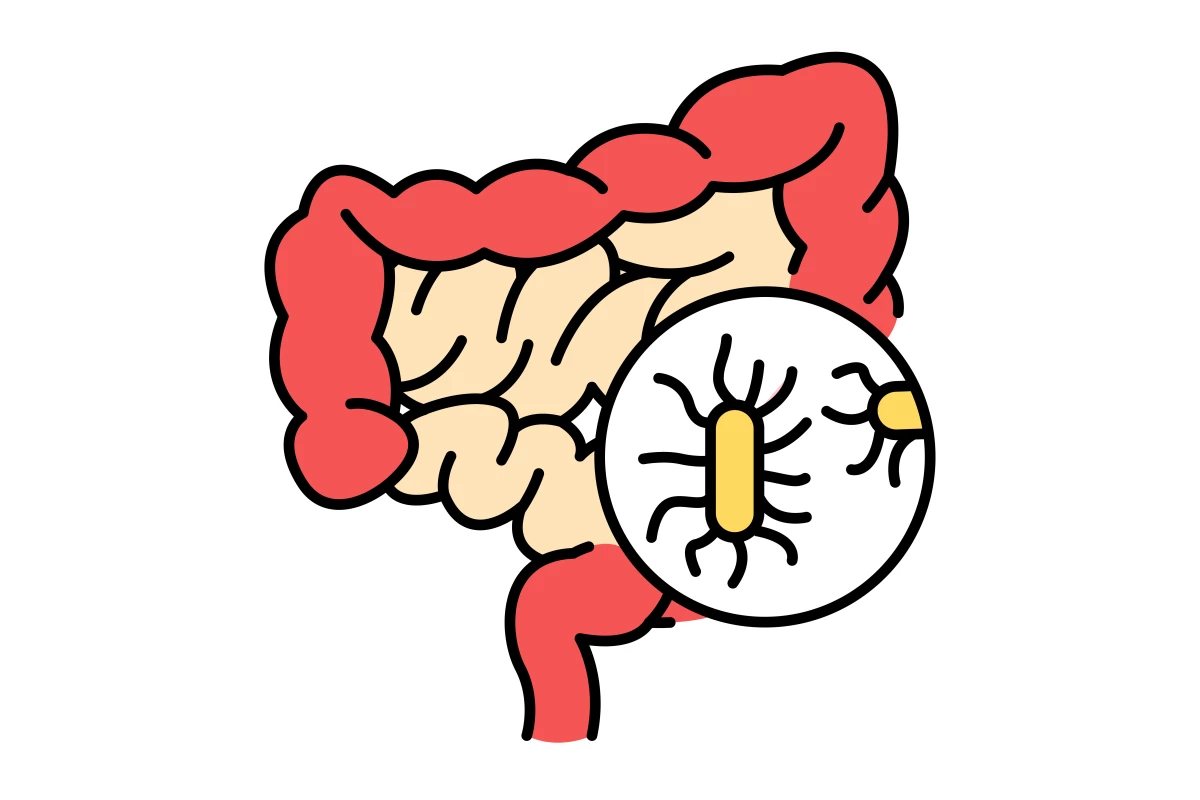Over the past 150 years, researchers have seen the average human body temperature drop by more than half a degree Fahrenheit (-0.3 °C). In a new study from the University of Michigan, scientists looking at hospitalized sepsis patients found certain species of gut bacteria seemed to play a role in regulating body temperature, and it's hypothesized these microbial alterations could be driving these long-term body temperature variations.
In the mid-19th century, German physician Carl Reinhold August Wunderlich spent years collecting millions of body temperature measurements from thousands of patients. His work ultimately found the average human body temperature to be 98.6 °F (37 °C). Of course, this was just an average, with a range of normal body temperatures spanning 97.2 to 99.5 °F (36.2 to 37.5 °C).
Since then, many researchers have suggested this average body temperature is a little higher than what can generally be detected in most people. But a few years ago a team from Stanford University claimed Wunderlich's original calculations were likely correct, and instead our modern measurements are an indication the average human body temperature has actually dropped over time.
That research found modern human body temperature was, on average, around 97.5 °F (36.4 °C), decreasing relatively consistently each decade over the past century. Why this was happening, however, was unclear, and a variety of hypotheses have been floated, from household heating and cooling improvements lowering our overall metabolic rate to better healthcare leading to a population-wide decline in inflammation.
In a new study from researchers at the University of Michigan Medical School another hypothesis was explored. This time researchers investigated the role our gut microbiome could play in regulating body temperature.
To explore this, the study focused on hospitalized patients with sepsis. Prior research had found clinical outcomes for sepsis patients could be predicted by body temperature trajectories across a hospital admission. So this investigation wondered whether gut microbiome composition at time of initial hospital admission could predict those body temperature trajectories.
Over 100 sepsis patients' microbiomes were sampled at time of hospital admission and the study found distinct gut bacteria patterns that correlated with the trajectory of their body temperature over their time in hospital. In particular, high levels of Firmicutes bacteria were most associated with subsequent high fever responses.
Looking to animal models the researchers found mice lacking a microbiome showed less extreme body temperature fluctuations when induced with sepsis compared to mice with normal gut bacteria. According to study lead Robert Dickson the body temperature fluctuations seen in the mice could be linked to similar bacterial families seen in the human sepsis cohort.
"We found that the same kind of gut bacteria explained temperature variation both in our human subjects and in our laboratory mice," said Dickson. "This gave us confidence in the validity of our findings and gives us a target for understanding the biology behind this finding."
So what does all this mean? According to the lead author Kale Bongers these findings are good evidence pointing to a significant role gut bacteria play in regulating our body temperature. And microbiome changes due to diet over the past century could underpin the small drop in average human body temperature.
"While we certainly haven't proven that changes in the microbiome explain the drop in human body temperature, we think it is a reasonable hypothesis," added Bongers. "Human genetics haven't meaningfully changed in the last 150 years, but changes in diet, hygiene, and antibiotics have had profound effects on our gut bacteria."
The study was published in the American Journal of Respiratory and Critical Care Medicine.
Source: University of Michigan




